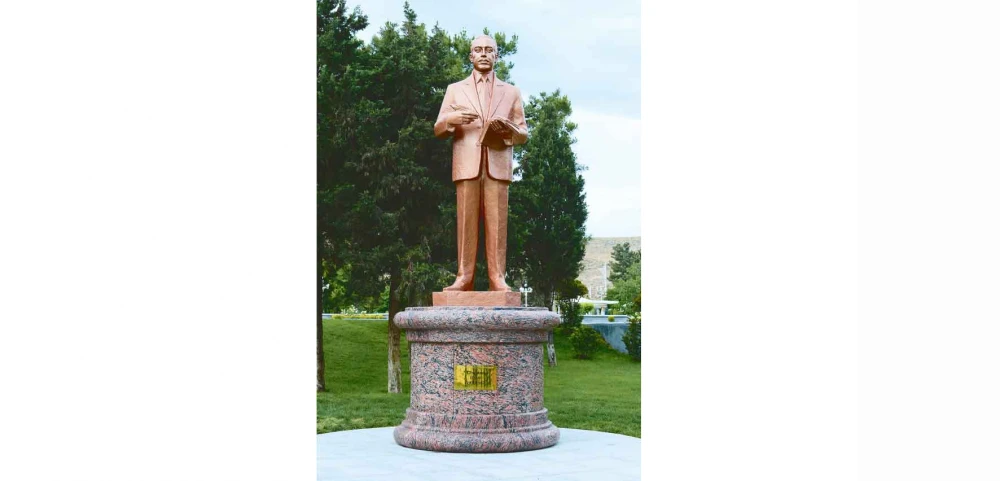
05/07/2024
1690
Langston Hughes: A Literary Voice of the Harlem Renaissance
Langston Hughes, a towering figure in American literature, was more than just a poet. He was a social activist, novelist, playwright, and columnist who left an indelible mark on the cultural landscape of the 20th century.
Born in 1901 in Joplin, Missouri, Hughes's life was shaped by the racial realities of America. He emerged as a prominent voice during the Harlem Renaissance, a vibrant artistic movement that celebrated African American culture in the 1920s and 1930s. Hughes is perhaps best known for his pioneering work in jazz poetry. By incorporating the rhythms and bluesy intonations of jazz music into his verse, he created a dynamic and uniquely American form of expression. Poems like "The Weary Blues" captured the struggles and aspirations of everyday people, particularly those in Harlem's bustling artistic community.
His activism extended beyond his writing. Hughes was a vocal critic of racial injustice and a champion of social equality. His work often explored themes of identity, discrimination, and the yearning for a more just society. Poems like "I, Too, Sing America" and "Mother to Son" remain powerful testaments to his unwavering spirit. Beyond poetry, Hughes was a prolific writer. He authored novels, plays, and countless columns that explored the African American experience in America. His work transcended racial barriers, finding resonance with readers across the social spectrum.
Langston Hughes's legacy is vast. He is credited with giving voice to a generation and inspiring countless writers who came after him. His work continues to be studied, performed, and celebrated, a testament to his enduring influence on American literature and culture.
Batyrmuhammet ORAZOV,
the 3rd year student of the Faculty of International Journalism
of the
Institute of International Relations
of the
Ministry of Foreign Affairs of Turkmenistan.


